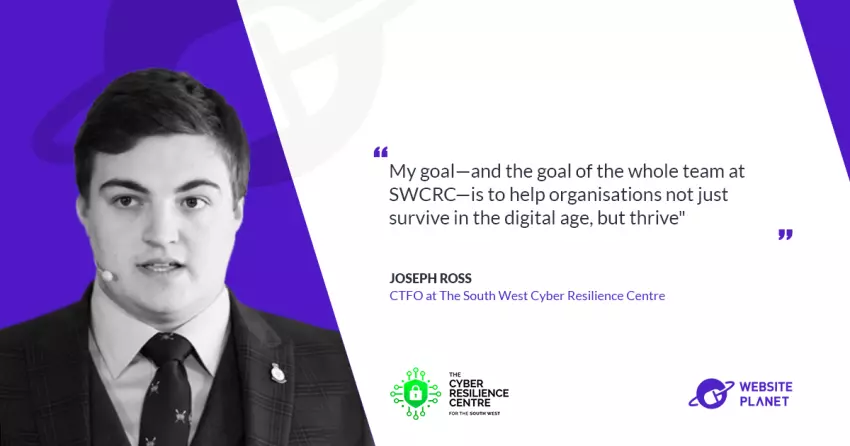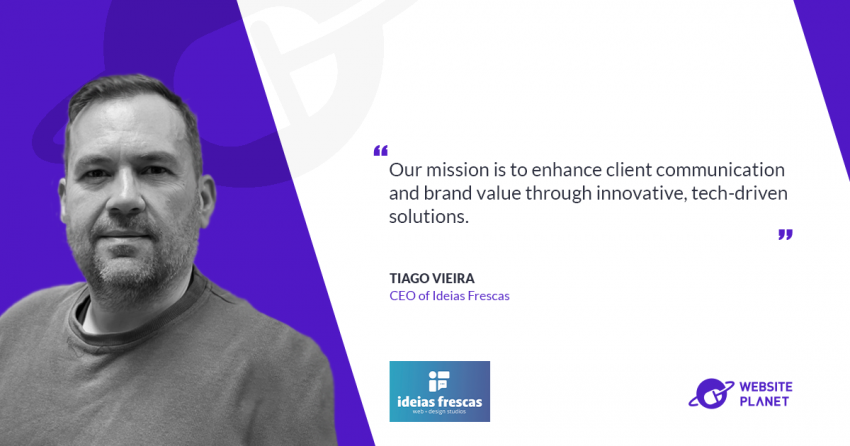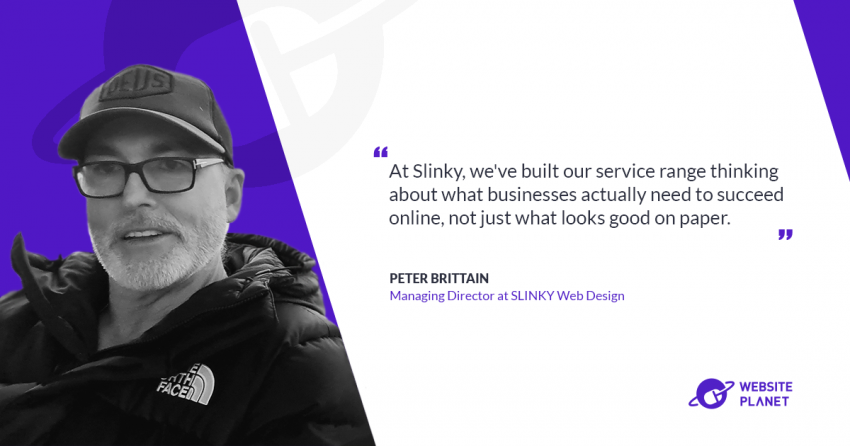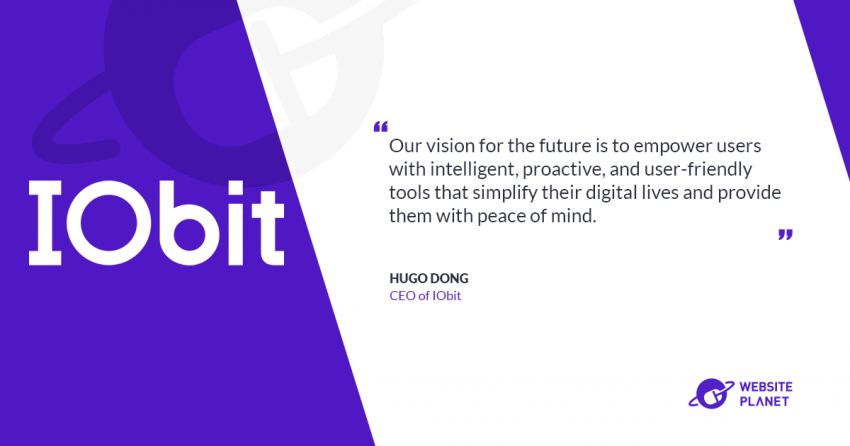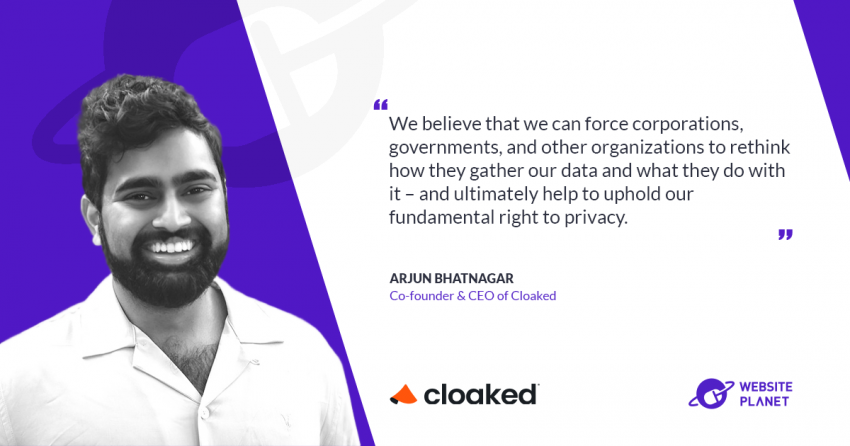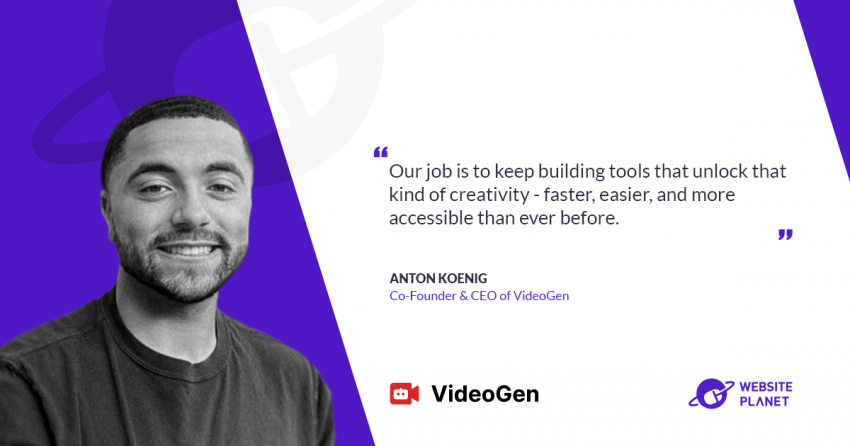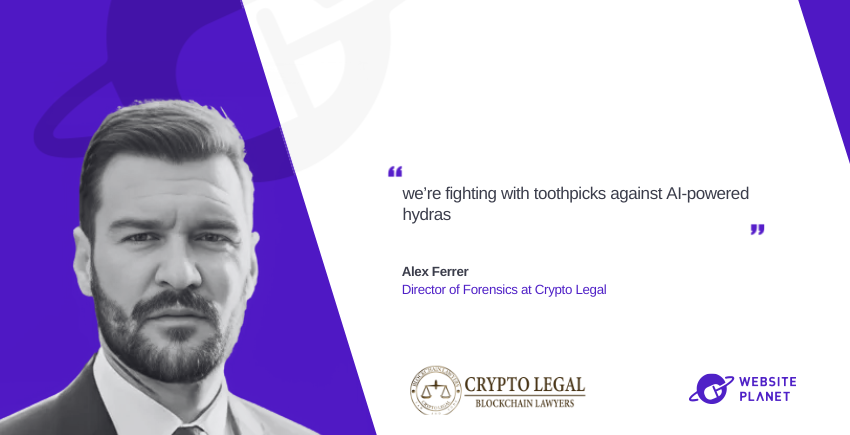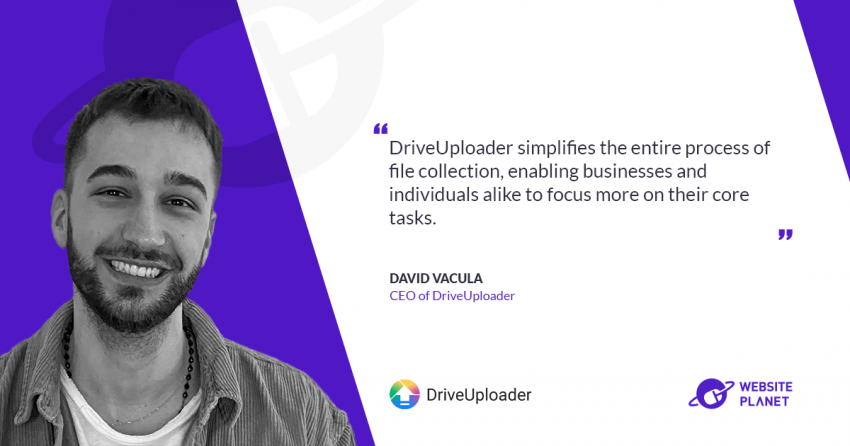Can you share a few details about The South West Cyber Resilience Centre and its founding story?
The South West Cyber Resilience Centre (SWCRC) was founded in 2021 as part of a wider national initiative led by national policing and supported by the Home Office. The aim of the programme is simple but vital: to help protect small and medium-sized organisations from the growing threat of cybercrime. In today’s world, every organisation is digital in some way, whether they’re running an online store, managing customer data, or just sending invoices via email. Yet many don’t have the time, expertise, or resources to stay on top of cyber risks. That’s where we come in. We’re a police-led project with a community-first approach. Rather than responding to incidents after they’ve happened, we focus on prevention—giving people the knowledge and tools they need to defend themselves. Our mission is to reduce harm, protect livelihoods, and make the South West a safer place to do business online. We are here to support, not to police, and we’re proud to stand alongside the thousands of small businesses, charities, schools, and non-profits who make up the backbone of our region’s economy.What does your free support include?
At the SWCRC, we offer a package of completely free support that’s designed to be practical, accessible, and impactful—especially for busy business owners. One of the core elements of our free offer is the Cyber Action Plan, a short and simple tool that asks a few questions about your organisation and then generates tailored recommendations to improve your cyber resilience. It’s ideal for those who don’t know where to start. We also provide Monthly Threat Updates, written in plain English, to keep organisations informed about the latest scams, phishing tactics, malware trends, and emerging threats—so you don’t have to keep up with the cybersecurity headlines yourself. Another valuable aspect of our support is the Cyber 1-to-1s: personalised calls or virtual meetings with our team, where we walk through your specific concerns and point you toward solutions. Many organisations find these sessions especially helpful for unpicking more technical worries or understanding how to comply with regulations like the UK GDPR. In addition, we offer signposting to trusted resources, free tools, and official guidance, so businesses don’t waste time on unreliable or overly complex information online. Finally, we signpost businesses on to our CyberPATH Student Services, which provide low-cost technical support from university students supervised by cyber professionals, and to Cyber Essentials and Professional Partners, who are trusted to provide commercial services to our members. All of this is available to any small or medium-sized organisation in the South West—including sole traders, charities, schools, and non-profits. To date, we’ve supported over 2,100 organisations and more than 2,300 individuals through our free services, and that number continues to grow every week.What specialist services do you offer?
In addition to our free core support, the SWCRC offers a range of affordable specialist services through our CyberPATH programme. These services are delivered by talented university students who are carefully selected and trained in cyber resilience, working under the supervision of experienced professionals. It’s a win-win model that gives SMEs access to high-quality services at a fraction of the commercial cost while helping to train the next generation of cyber defenders. Our most popular services include Web Vulnerability Assessments, which identify weaknesses in a website that could be exploited by hackers. We also offer Security Awareness Training, tailored to staff at all levels, helping teams understand how to recognise and respond to phishing emails, suspicious attachments, and other social engineering attacks. For organisations that suspect they’ve been targeted or want to check their digital footprint, we provide Online Investigations to identify leaked credentials, impersonation risks, or suspicious behaviour. These services are particularly well suited to small businesses and non-profits who want peace of mind without the high price tag. They’re designed to be accessible and educational, often leaving organisations with not just a technical report, but a much better understanding of their own risks and how to manage them going forward.You also host a podcast. What can you tell me about that part of your work?
We’re thrilled to be launching a brand-new initiative: the South West Cyber Beat Radio Show on Riviera FM. It’s our take on making cybersecurity genuinely engaging and approachable—especially for people who might usually switch off at the mention of “cyber hygiene” or “zero-day threats.” The show combines great music with real-world cyber stories and practical tips for small businesses. Each episode features accessible advice on how to stay safe online, interviews with interesting guests, and examples of local cases where cybercrime has had an impact. It’s all about bringing cybersecurity into the everyday, in a format that’s fun to listen to and easy to digest. The show is aimed at busy professionals, sole traders, and small business owners who may not see themselves as particularly tech-savvy. We want to meet people where they are—on the school run, in the car, in the office—and give them valuable knowledge in a way that’s informal and enjoyable. This is all part of our wider strategy to demystify cyber resilience and empower people through education and awareness.What can we expect from the Centre going forward? Any upcoming project we could be looking forward to?
Looking ahead, one of our key priorities is a major outreach project aimed at connecting with hard-to-reach communities of SMEs. These are the businesses that are often left behind when it comes to cybersecurity support—not because they don’t care, but because they’re short on time, resources, or access to expert guidance. We’re working with local partners, community groups, and networks to identify and engage with these organisations directly, whether through local events, targeted campaigns, or sector-specific support. Our goal is to make sure that no business, charity, or school in the South West feels like cyber resilience is out of reach. We’ll be delivering practical, plain-speaking content in places that matter—whether that’s a town hall meeting, a farmers’ market, a Facebook group, or a local podcast. It’s all about removing barriers and creating real-world impact. We’re also continuing to grow our network of partners, expand our student services, and explore new ways of delivering guidance digitally, so we can reach more people in more flexible ways.Is there anything else about your work that you’d like to share that we haven’t covered?
At the heart of everything we do is a genuine passion for helping people. We know that most small businesses aren’t cybersecurity experts—and they shouldn’t have to be. They just want to run their businesses, serve their communities, and protect their livelihoods. That’s why we work so hard to make cyber resilience accessible, realistic, and genuinely useful. On a personal note, my own background is in education. I’m an ex-secondary school teacher and currently a university lecturer, and I bring that passion for teaching and upskilling into every part of the Centre’s work. Cybersecurity is often presented as something complex and technical, but it doesn’t have to be. With the right support and a bit of confidence, anyone can learn the basics and make a huge difference to their digital safety. My goal—and the goal of the whole team at SWCRC—is to help organisations not just survive in the digital age, but thrive.To learn more about SWCRC, you can visit www.swcrc.police.uk
